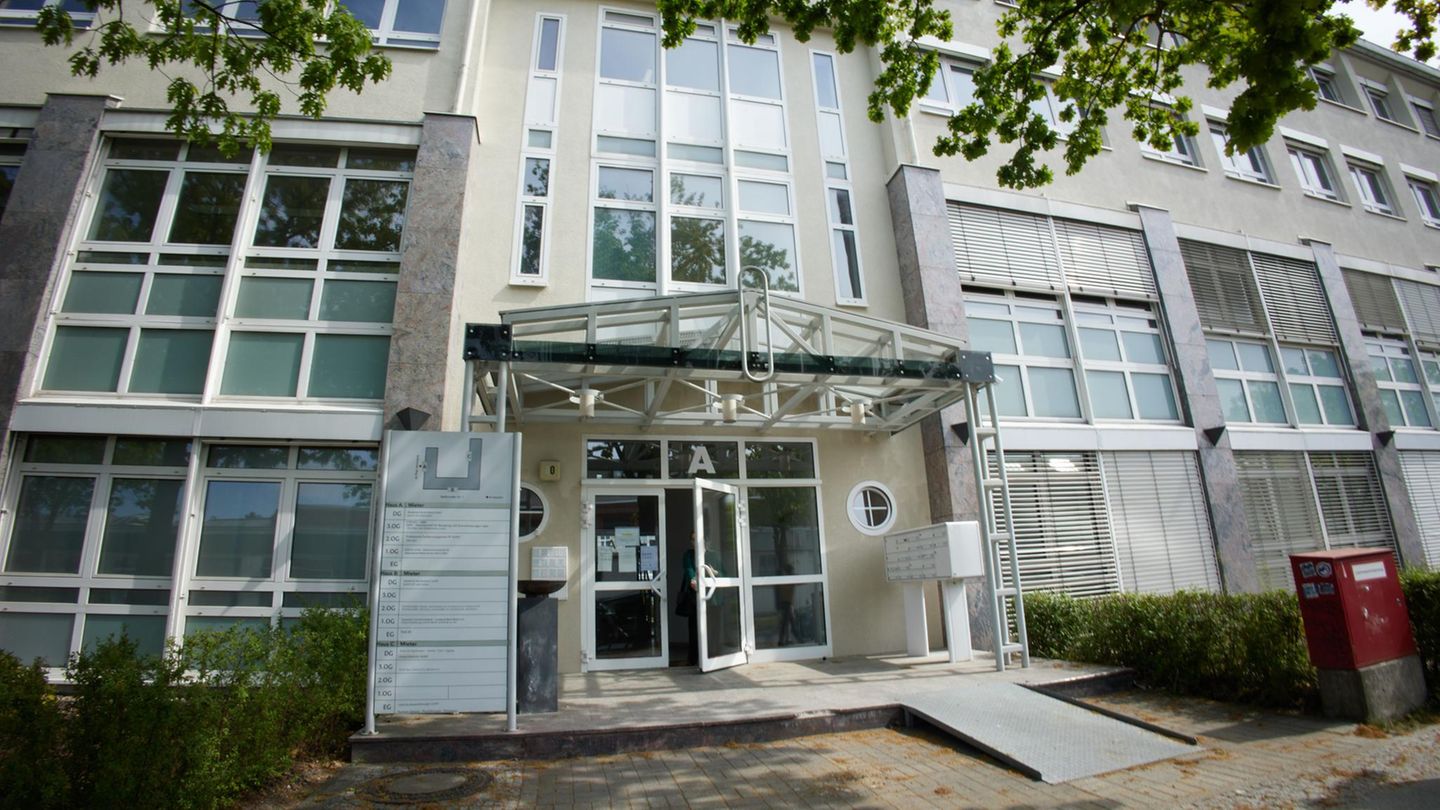The president of Central Bank of Uruguay (BCU), Diego Labat, improved his international rating and his performance at the head of the entity placed him among the 11 best in the world, with a grade TO, according to the annual ranking of the American magazine Global Finance, which assessed his handling of monetary policy.
Among the merits assigned to him by the prestigious publication, the combat of the inflation, which today is at its lowest level in 18 years, as well as decisions about interest rates, in a context where drought hit economic activity hard.
Labat Thus, he obtained a constant improvement in his actions, since in 2022 he obtained an A- and in 2021 a B, while in 2020 he was not qualified, thus being better placed than his predecessors. Alberto Graña and Mario Bergara. The leader was only surpassed by the three central bankers who achieved the maximum grade, an A+. This is Shaktinta Das, of the India; Thomas Jordan, of Swiss; and Nguyen Thi Hong, from Vietnam.
In his seat, he shared the ranks with three peers from the region: Roberto Campos Neto (Brazil), José Cantero Sienra (Paraguay) and Julio Velarde Flores (Peru). In addition, they were at the same height Amir Yaron (Israel), Harvesh Kumar Seegolam (Mauricio), Adrian Orr (New Zealand) and Yang Chin-long (Taiwan).
At the regional level, Leonardo Villar Gómez, among others, completed the panorama. (Colombia), with an A-; Rosanna Costa (Chili) and Jerome Powell (USA), with a B+; Guillermo Avellán Solines (Ecuador), with a C+; Roger Edwin Rojas Ulo (Bolivia), with a C-. Meanwhile, Miguel Ángel Pesce completed the ranking with the worst grade. (Argentina) and Calixto Ortega Sánchez (Venezuela), with an F.
The magazine highlighted the decline in inflation and monetary policy
When arguing in favor of Labat, Global Finance specified that “the Central Bank of Uruguay has aggressively increased the cost of money since August 2021”, while highlighting the “solid commitment to combat the inflation and anchor long-term expectations.”
At the same time, they valued how BCU “rapidly reverted to a downward cycle of interest rates lower when the weakness of the economy demanded it” and maintained that “the economy continues to be highly dollarized and the majority of loans are denominated in US dollars.”
In their assessment, they highlighted that Labat “aggressively raised rates during the recovery of the covid, raising its official interest rate to 11.5% in January 2023 from 4.5% in August 2021,” echoing Julia Sinitsky’s analysis of Fitch BMI.
At the same time, although they considered that in the country there is “a high inflation structural due to the powerful unions”, they recalled the maximum of 9.9% in September of last year, well above the target range of between 3 and 6%, they assessed the current level of the CPI.
Finally, they highlighted that “the BCU became one of the first central banks in the region to begin cutting rates,” highlighting the reductions in April and July, which were followed by two others, which left the Monetary Policy Rate (TPM) at its current level of 9.50%.
Source: Ambito




